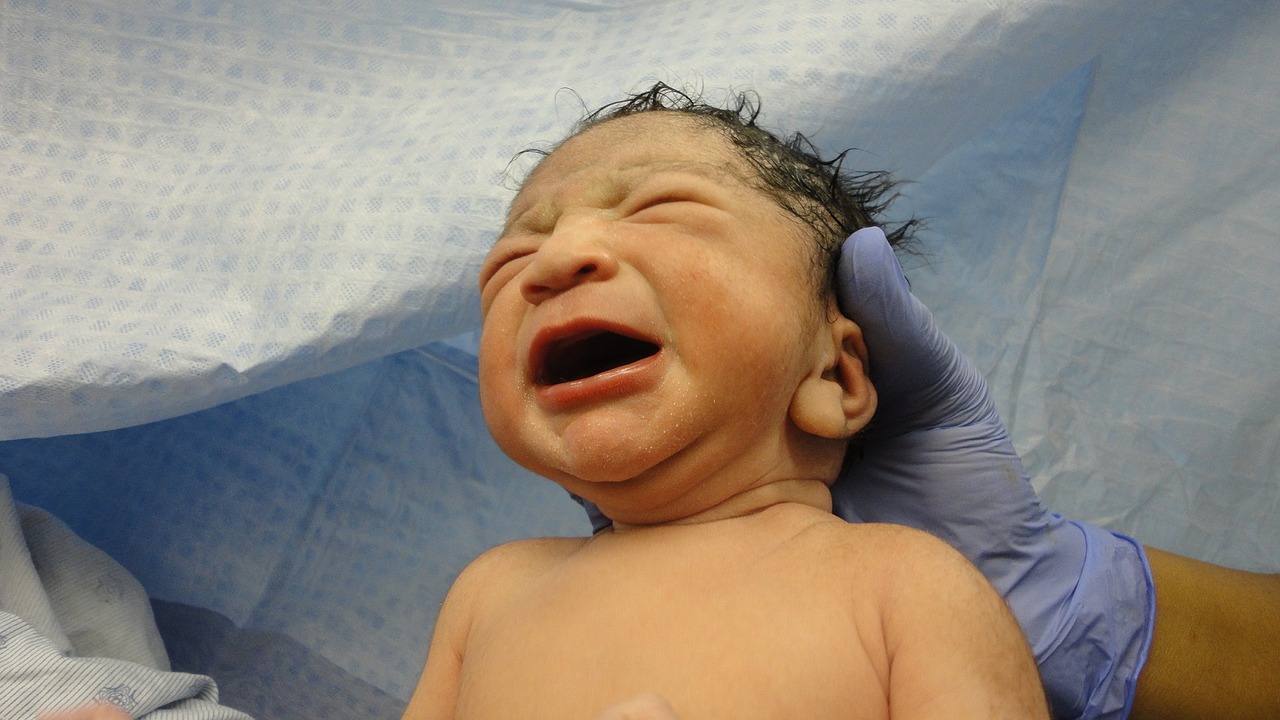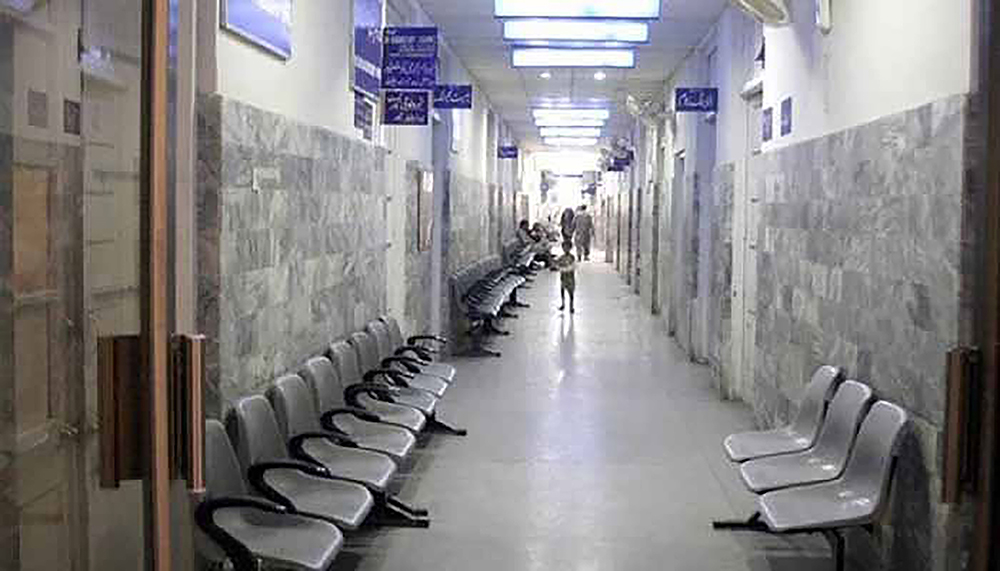“Blood connects us all” is the theme for this year’s World Blood Donor Day, being observed on 14 June. It is the lifeline and cannot be replaced by anything else in one’s system. There are however, circumstances when external blood is needed to fulfill the loss. It can be due to life-threatening situations like excessive bleeding or when the body is unable to make enough blood. That is when the role of a blood donor comes in. Child birth, kidney failure or dialysis, surgery or transplantation, cancer, and blood disorders like thalassaemia, hemophilia and anemia are conditions which warrant blood replacement.ShifaNews
Blood and blood products collected through donors can save millions of lives each year by improving the patient’s quality of life and increasing life expectancy. According to WHO, 62 countries in the world collect 100 percent of their blood supply from voluntary, unpaid donors. Pakistan unfortunately, is not among them. NACP’s (National AIDS Control Programme) website informs that there are only 10 percent voluntary unpaid donations while 75 percent are replacement and 15 percent are hidden paid donations in Pakistan. News reports on the other hand, claim blood donation rate is even less than one percent. With these figures, one can imagine the sorry state of affairs of blood donation in the country.ShifaNews
Though there are no surveys done to determine the exact need but reliable estimates suggest, about 1.2-1.5 million units of blood are being transfused annually here. As per the WHO criteria, six to 16 units of blood are required per hospital bed. At the existing level shortage amounts to as much as 40 percent. “Thalassemia has a major burden on the country’s blood supply system with around one lakh major patients who need regular transfusions,” informs Prof Hasan Abbas Zaheer, project director & national coordinator Safe Blood Transfusion Programme of Pakistan.ShifaNews
Why stress on voluntary donors
Voluntary donors are needed to keep the nation’s blood supply intact. Moreover, they are considered “safe donors” worldwide because they have the lowest risk of transferring diseases through transfusion. They usually have no personal interest other than wanting to save lives. Replacement donors on the other hand are “risky”. Explaining this, Dr Ayesha Junaid, incharge blood bank, Shifa International Hospital Islamabad and national coordinator of Pakistan Haemovigilance Network says, such donors are ready to compromise with quality when under emotional pressure to save their loved ones. In this way they can even run the risk of transferring diseases to their patient. “Moreover, with sibling and relative donation, patients carry the risk of organ rejection in the long run.”ShifaNews
Well, ironically we do see a large number of people coming out to give donations when there is a catastrophe or emergency in the country. But the above numbers suggest otherwise. Agreeing to the fact that the society is highly motivated to donate in time of need, Dr Zia ur Rehman, medical director FATIMID Foundation Karachi explains that not doing so at other times is because people are afraid that donating blood will cause them harm. “There are a lot of misconceptions regarding blood donation.”ShifaNews
Dr Wasifa Anjum, medical officer at Pakistan Red Crescent Islamabad, puts “lack of awareness, motivation and education” as the factors for not donating blood.ShifaNews
According to Dr Ayesha, countries that produce voluntary donors have inculcated the concept in children at school level. “They grow up knowing the importance of blood donation and how it can save lives.” This definitely turns out to be an effective strategy as lecturing grownups regarding the subject can only prove to have a temporary effect.ShifaNews
Nevertheless, examples of selfless determination do exist in our society. 37 year old, Qutbudin Quershi, is one such volunteer who has been donating since the age of 18. Till now he has donated 70 times with an approximate frequency of every three months. Doing something for humanity and saving lives is his only motivation. “Other than the benefits blood donation can have for the donor, I believe ‘jism ka sadqa bhi nikal jata hai’.” The B positive blood group holder has never experienced any weakness after donating blood as he makes sure to have a good breakfast before the process. Realizing the need of blood donors, Qutbudin appeals people to come forward in the noble cause and save people from receiving blood from wrong means that put their life in danger. “If done with the right intention, this act can go a long way.”ShifaNews
Busting myths and misconceptions
‘Kamzori’ (weakness) is something strongly associated to blood donation, which is just a misconception. “Healthy individuals with no underlying disease who fulfill the criteria for donation will not experience any such thing immediately or in the long term,” says Dr Wasifa.ShifaNews
Another common myth is considering blood a “tonic” that provides energy to the weak or anemic. This is a wrong practice. “Even doctors do not realize that anemia needs to be treated through other ways and not through blood transfusion,” explains Dr Ayesha.ShifaNews
Girls should avoid donating is yet another misconception prevailing in the society. Dr Ayesha however, contradicts this saying, girls are seen to be enthusiastic when it comes to blood donation. Unfortunately, most of them are not fit enough for it. Low blood pressure and hemoglobin levels become the cause of rejection. “To really help someone girls need to be strong themselves.”ShifaNews
Moreover, those hoping to lose some extra pounds with blood donation should know that according to Dr Ayesha, it is a false belief. There is no association of weight loss with it.ShifaNews
Quality of blood mattersShifaNews
Along with adequate blood supply, providing safe blood is another important aspect. Occasional news reports regarding Hepatitis C and HIV transmission through blood transfusions further narrates a bitter tale of the sufferers. Dr Ayesha says more than quantity, “quality donations” matter in this regard. Blood donation centers have opened in every nook and corner of the country but only 10-15 percent of them follow standard practice. “The remaining 85 percent have inappropriate donor selection and screening, storage, sterility and transportation practices,” she says before adding, “they usually have paid donors who may even turn out to be drug addicts.”ShifaNews
To ensure safe blood transfusion five major tests that include, hepatitis B, C, AIDS, HIV and malaria need to be done. “However, this does not guarantee safe blood transfusion since these tests cannot detect a recently entered virus in the body. This initial period is known as the window period in which the infection can get transferred,” says Dr Zia.ShifaNews
He further informs that NAT (nucleic acid test) is a latest but expensive system that reduces the risk of undetected virus to three percent and is available in only some major hospitals of the country.ShifaNews
Safe Blood Transfusion Programme (SBTP)
Until 2010, the situation of blood transfusion was highly deplorable due to lack of system and poor regulation. According to Prof Hasan, with the establishment of SBTP things have started to come under control and have improved at least in the capital through commitment and legislation. Registration, inspection, licensing, haemovigilence and developing by-laws and regulations are part of the programme. The whole blood supply system is currently dependant on patients. It is unfair for the patient and highly unethical to ask for replacement. Following international standards, the objective of a national level organization was to take responsibility for safe blood transfusion and ensure that every patient in need gets blood at his bed side. “It is our responsibility to provide blood for patients and we are working to overcome the problem. It definitely cannot happen overnight but at least we are on the right track.” The first phase of the plan included establishing 10 modern regional blood centers and upgrading of 60 hospital blood banks in the country has been completed.ShifaNews
The function of these regional centers is to collect blood from donors and supply it to major hospitals of the country who then issue blood or its products to patients. This has changed the current role of hospital blood banks. Earlier, blood banks were involved in the whole process of blood collection, storage and distribution. “Centrally coordinated blood transfusion service will help ensure safe quality practices and that there is rational use of blood,” explains Prof Hasan.ShifaNews
The blood transfusion system also aims to have 100 percent reliance on regular, voluntary donors. The national strategy is to mobilize and regulate potential replacement donors through counseling and converting them into regular donors. Also, to strengthen, supervise and empower university and college based blood donor organizations by providing them technical support. “There is a need to channelize this potential and motivate them in becoming regular donors,” informs Prof Hasan before adding that blood safety ambassadors are being appointed to spread awareness among masses as well.ShifaNews
He further adds, “this will eventually facilitate in curbing unlicensed and unregistered blood banks who work on blood exchange basis.”ShifaNews
Who can donate
An adult above 17 years of age, weighs at least 50 kilograms, is in good health with no history of a serious illness and has HB of more than 12.5 g/dl in females and 13.5 g/dl in males can donate. “There is no age limit in donating blood. Healthy individuals even at the age of 80 donate blood,” says Dr Ayesha. Who cannot donate Individuals suffering from illnesses like hepatitis B and C, AIDS, malaria, Tuberculosis, diabetes, fits, cancer, kidney and heart disease and infectious disease should avoid donating. Pregnant women and drug addicts should also refrain from doing so.ShifaNews
Health benefits for a blood donor
Other than having psychological satisfaction, blood donation improves overall fitness and well being, lowers the risk of heart attack and high blood pressure, boosts production of new red blood cells, decreases cholesterol level and improves blood flow. “Moreover, blood donor gets free of cost screening tests,” adds Dr Wasifa.ShifaNews
Before and after donation
The donor should drink three to four glasses of water and have a meal two hours before donation. Also take plenty of fluids for the next 24 hours. Avoid driving, heavy weight lifting, gym, exercise or hiking after donation. Avoid rapid descent after donation as it can cause dizziness. “Avoid smoking at least six hours before and after donation because it can reduce blood pressure and carbon monoxide is present in the blood,” says Dr Ayesha.ShifaNews
A blood donor is a life savior. Never hesitate in donating blood. It is the best gift one can give. Always donate blood at registered blood donation centers.ShifaNews
Blood facts
· One donation can save four lives.ShifaNews
· Healthy individuals can donate every two months.ShifaNews
· One unit of blood can be separated into several components: red blood cells, plasma, platelets and cryoprecipitate.ShifaNews
· Blood makes up about seven percent of your body’s weight.ShifaNews
· The process of blood donation only takes 10 to 15 minutes. The overall process including pre-donation screening and history may take up to 30 to 45 minutes.ShifaNews
You cannot get AIDS or any other blood disease by donating blood.ShifaNews










